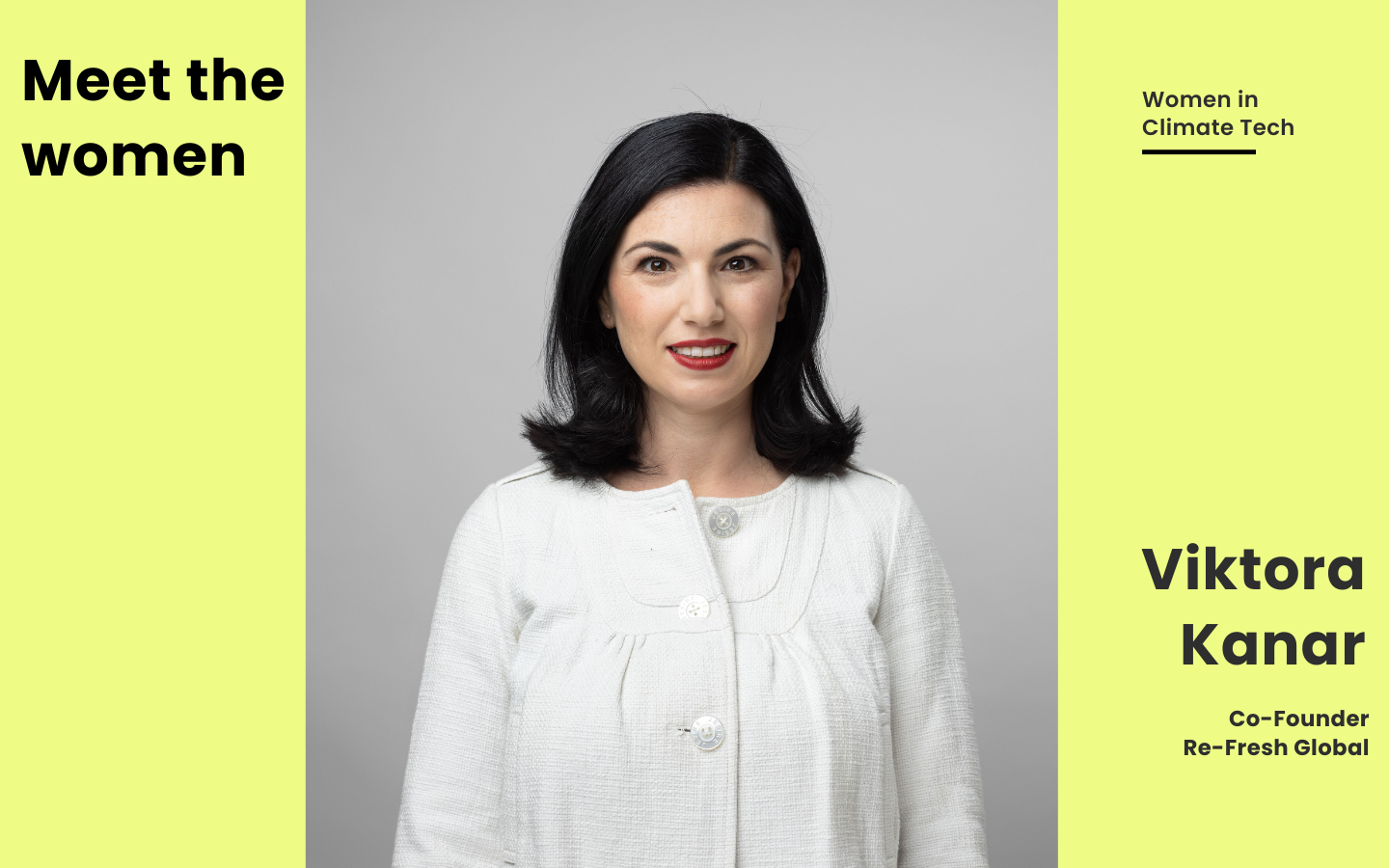
Viktoria Kanar, Co-Founder Re-Fresh Global
Textile waste is one of the world’s biggest hidden climate problems. In this interview, Viktoria Kanar, co-founder of Re-Fresh Global, shares how discarded textiles can become high-value materials – and why circularity must scale now.

Theresa Böttger, Co-founder Karma Capital
Capital can either reinforce broken systems – or help redesign them.
In this interview, Theresa Böttger, co-founder of Karma Capital, shares why impact investing must move beyond individual companies to systems change – and how non-extractive capital can align profit with long-term purpose.

Sustainable Investments at H&M Group
Sustainable innovation only scales when strategy, capital, and supply chains align.
In this interview, Laura Coppen, Investment Manager for Sustainable Fashion at H&M Group, shares what it takes for climate and fashion startups to break through – and where real opportunities lie despite today’s market pressures.

Paulina Jänsch - Founding Partner Leanox Capital
Impact and returns are not opposites – they belong together.
In this interview, Paulina Jänsch, founding partner at Leanox Capital, shares her vision for impact investing, the trends shaping climate tech today – and why scalable solutions are essential for a livable future.
